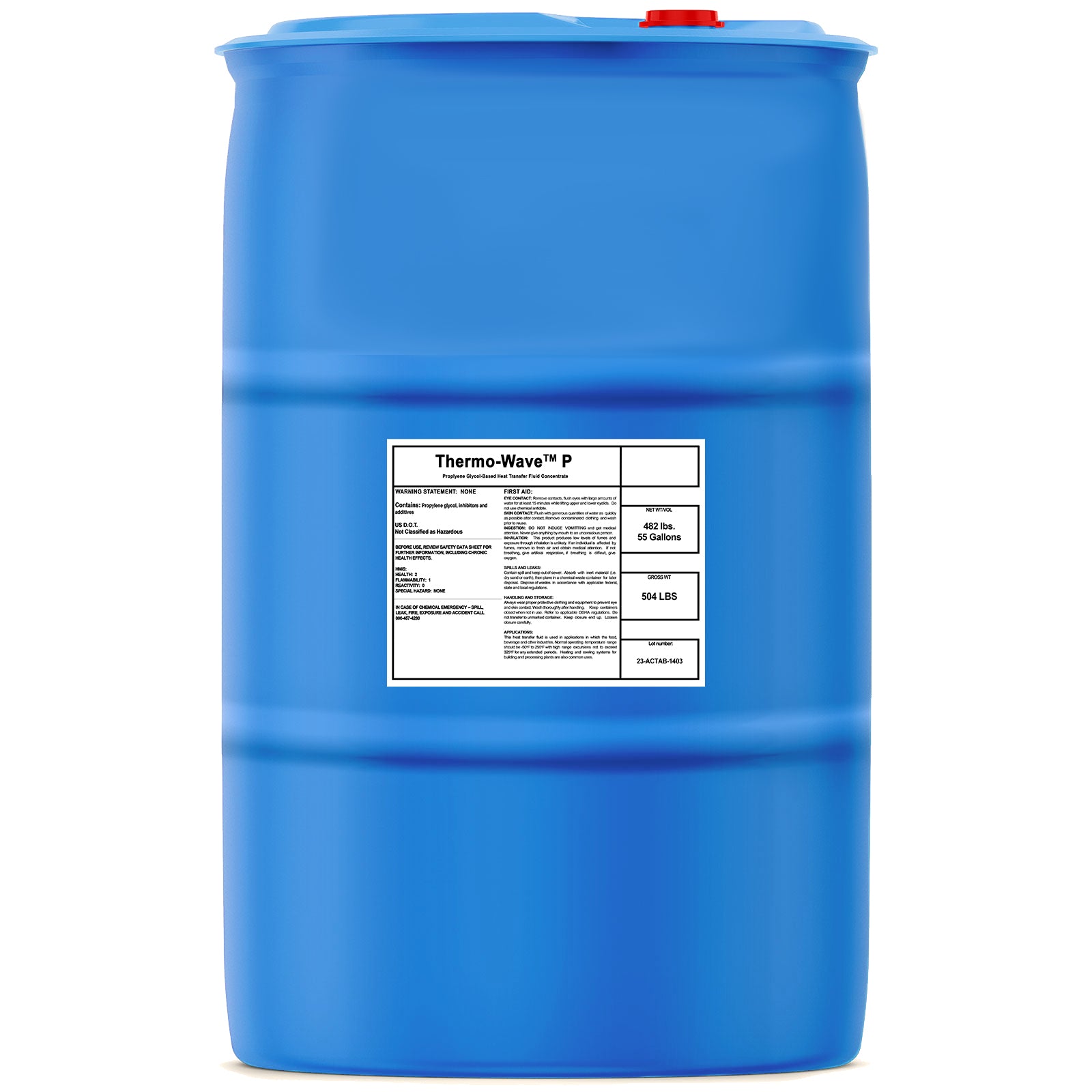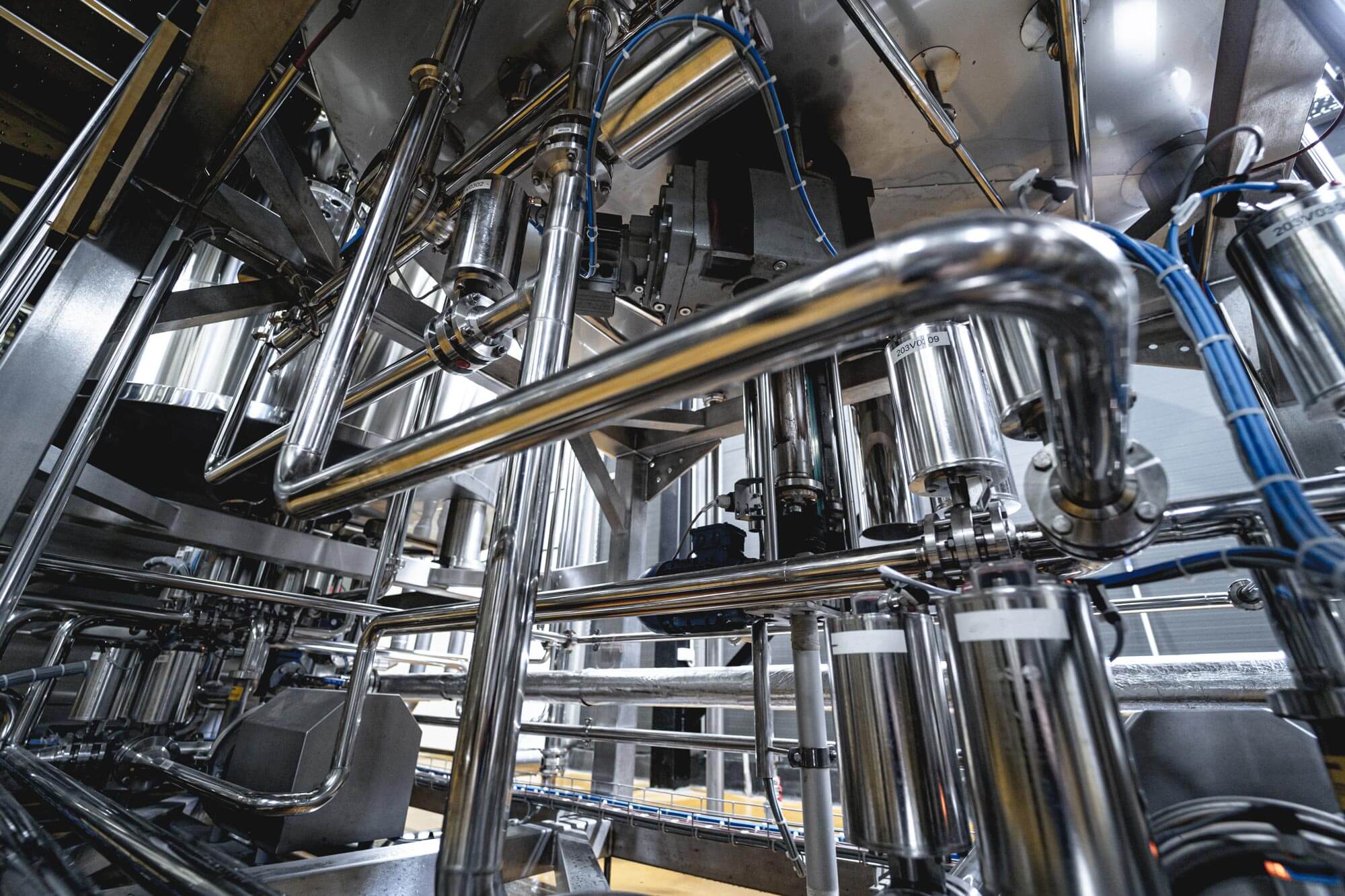Why Warmth Transfer Fluid Is Essential for Optimizing Power Transfer in Systems
The role of heat transfer fluids in optimizing energy transfer is crucial for attaining effective thermal administration across numerous commercial fields. These liquids promote seamless heat exchange, ensuring procedures operate within optimal temperature varieties and reducing the risk of getting too hot.

Role in Thermal Management
Heat transfer liquids play a critical duty in thermal monitoring by effectively controling temperatures in various commercial procedures and systems. These specialized liquids promote the transfer of warmth in between various elements, making sure ideal operating conditions and preventing getting too hot. By keeping exact temperature level control, warm transfer liquids allow markets such as chemical manufacturing, oil and gas, and power generation to operate securely and effectively.
The selection of an appropriate warmth transfer fluid depends on numerous elements, consisting of thermal security, warmth capability, and thickness. High thermal security ensures that the liquid can endure severe temperatures without weakening, while a high warm capacity permits it to absorb and launch substantial quantities of heat - heat transfer fluid. Reduced thickness reduces the power required for pumping, adding to total system efficiency
Additionally, warmth transfer fluids are indispensable in applications like refrigeration, where they aid absorb and dissipate warm during the cooling cycle. In solar thermal energy systems, these fluids capture and transport solar warmth to generate electricity or supply hot water. Their versatility to varied operating conditions and capacity to keep constant thermal efficiency underscore their value in commercial thermal management, promoting operational continuity and boosting precaution.

Enhancing System Effectiveness
To take full advantage of the advantages of thermal administration, boosting system performance through the critical use warmth transfer fluids is vital. These liquids play a vital duty in enhancing energy transfer by helping with regular thermal policy, which in turn impacts the total performance and longevity of systems. Effective warm transfer causes reduced power losses, reduced operational expenses, and enhanced dependability of tools. By maintaining ideal temperature level degrees, heat transfer fluids assist make certain that systems operate within their created criteria, thereby stopping getting too hot and decreasing the danger of element failing.

Sorts Of Warmth Transfer Liquids
The variety of warm transfer fluids highlights their important role in a variety of industrial applications, each tailored to meet specific thermal monitoring needs. These liquids assist in effective energy transfer and are selected based upon vital homes such as thermal stability, viscosity, and warmth capability. The main types consist of water, glycol options, oils, and synthetics, each offering distinctive advantages.
Water is the most typical warm transfer tool due to its high details heat capacity and reduced cost. Mineral oils are favored for their thermal security and non-corrosive nature, making them ideal for high-temperature applications.

These fluids guarantee redirected here exceptional performance in systems where traditional liquids might fall short. The selection of a warm transfer fluid is important, as it influences system performance, safety, and durability.
Environmental and Economic Benefits
Using the best heat transfer fluids provides significant environmental and financial advantages for industrial operations. By choosing fluids with superior thermal security and high warmth ability, markets can improve energy performance, leading to lowered gas usage and lower greenhouse gas emissions. This adds to a smaller sized carbon footprint and aligns with international sustainability goals. Eco-friendly warmth transfer fluids, frequently naturally degradable and non-toxic, lessen the danger of dirt and water contamination in case of leaks or spills, therefore securing ecological communities and following rigid environmental regulations.
Economically, the best heat transfer fluid can substantially minimize operational costs. Liquids with extended lifecycle efficiency lower the regularity of replacements and maintenance, reducing downtime and linked prices. Generally, the tactical use of optimum warmth transfer fluids supports lasting financial growth and ecological stewardship.
Choosing the Right Liquid
Exactly how does one browse the complex process of selecting the appropriate heat transfer fluid for commercial applications? Thermal security ensures the fluid can stand up to high temperature levels without breaking down, while compatibility prevents corrosion or other damaging responses with system parts.
Furthermore, the fluid's warm ability and viscosity are vital. A high warmth capacity allows the fluid to absorb and transfer more energy, improving effectiveness. Optimum thickness makes certain minimal pump work and effective heat transfer, particularly wikipedia reference in varying temperatures. Environmental and safety aspects should additionally become part of the decision-making procedure. Non-toxic, biodegradable fluids minimize ecological impact and abide by governing criteria, lessening responsibility dangers.
Conclusion
The strategic option and application of warm transfer fluids are fundamental to maximizing power transfer across various systems. By making certain high thermal security and capacity, these liquids supply precise temperature level control and improve overall system efficiency. This optimization adds to minimized operational prices and lower greenhouse gas exhausts, therefore advertising sustainability. The option Learn More Here of fluid, customized to details thickness and operational needs, is vital for making best use of performance and attaining economic and ecological benefits in commercial processes.